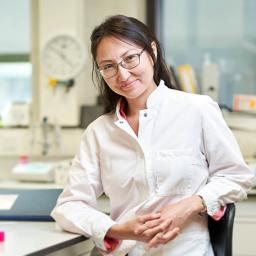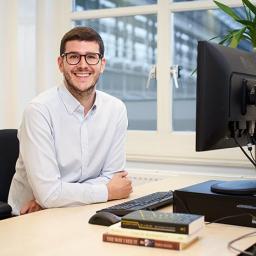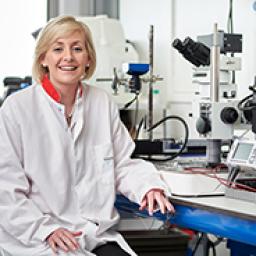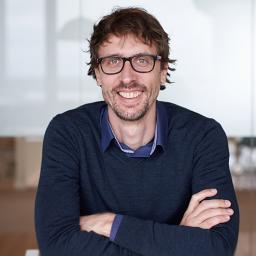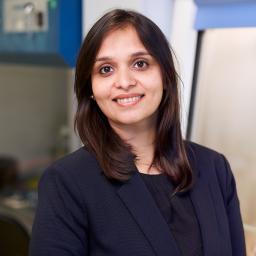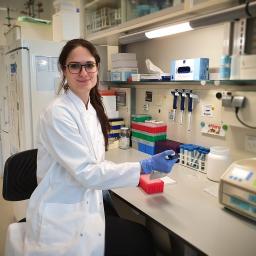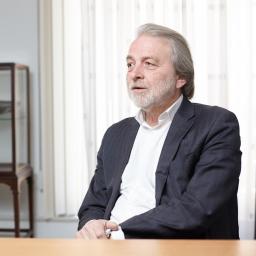'You cannot apply a successful economic strategy without strong knowledge institutions and, for that, you need international postdocs’
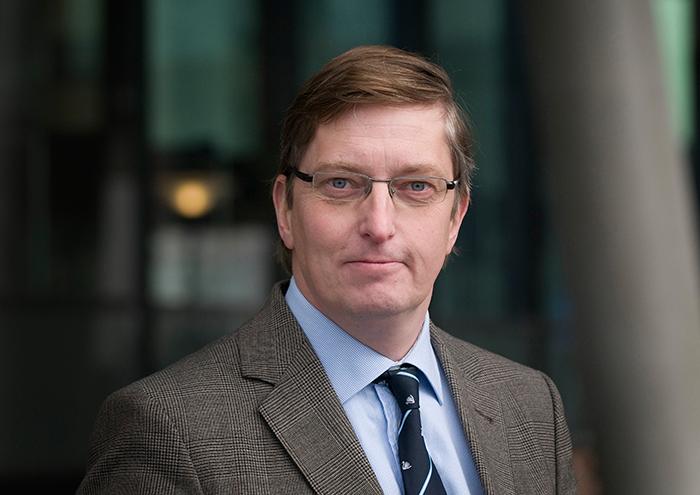
‘The term knowledge economy is made up of two words that precisely define what it means: the link between investing in knowledge and economic prosperity. In my view, you cannot apply a successful economic strategy without strong knowledge institutions. And, for that, we also need international scientific talent.’
These are the words of Prof. Pancras Hogendoorn, member of the Executive Board and dean of Leiden University Medical Center (LUMC) and also a member of the Zuid-Holland Economic Board and of the Leiden-Delft-Erasmus LEaDing Fellows postdoc programme steering committee. We talked to him about the programme, which recently completed its third call for applicants and has now successfully brought some 90 postdocs to Zuid-Holland.
Why are international scientists opting for Zuid-Holland?
Pancras Hogendoorn: ‘We can see that the concerted approach adopted by the three Zuid-Holland universities and two UMCs to attract international talent to the Netherlands is bearing fruit. So why are they opting for us? Part of it comes down to having the right infrastructure. For example, look at the NeCEN with its super electron microscopes in Leiden, around which a cluster of some 300 scientists has now developed.'
'But, for scientists, it’s also very important to be close to other experts and potential alliance partners. For example, from here at the LUMC, I can see the BioScience Park with its Mathematics and Sciences faculty and numerous knowledge institutions and companies. The central station is just around the corner and you can be in Delft in 19 minutes. An ideal scenario for a protein chemist or geneticist eager to collaborate with a specialist in bioinformatics.’
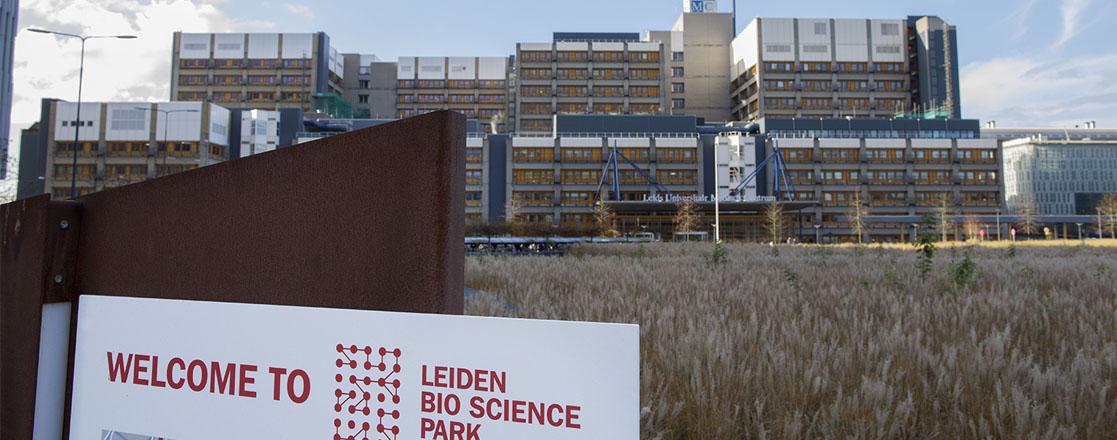
Why are international postdocs important for the universities and the university medical centres?
Pancras Hogendoorn: ‘Attracting academic talent is imperative for the universities. I don’t know of any research group these days without international postdocs. It is not just their international expertise and contribution to our scientific work that matters. They also bring new methods and perspectives with them and, crucially, contacts from institutions across the world.'
'It’s also important for the image of our universities. For example, we aim to have a leading position in the science/medical/technology fields and are part of numerous international networks, including Eurolife (Network of European Universities in Life Sciences). You can only participate in such networks if you also have something to offer, which is why the LEaDing Fellows postdoc programme make such perfect sense.’
As a member of the Zuid-Holland Economic Board, how do you feel about the LEaDing Fellows postdoc programme?
Pancras Hogendoorn: ‘The Zuid-Holland Economic Board couldn’t be happier about the arrival of international postdocs. This melting pot of international researchers is also closely linked to what are known as spin-outs, companies that emerge based on scientific inventions and discoveries. A good example is the success of the biotech company Crucell.'
'Postdocs can work on riskier research and have more freedom in their work, because they no longer have the pressure of completing their PhDs. They are also more experienced and have a lot of expertise to offer. We really need these people. We also want to retain them after they have completed their fellowships, rather than merely being a brief port of call for talent. This is why the whole package that you offer these experts to keep them in Zuid-Holland, such as tenure at the university, the possibility to develop their own group and the right infrastructure for their experiments, is also important.’

Also read the personal stories of LEaDing Fellows postdocs Eduard, Zoltan and Zhanar.
What is the relevance of the Leiden-Delft-Erasmus alliance to all of this?
Pancras Hogendoorn: ‘By joining forces as Zuid-Holland universities and UMCs, we were able to apply for European co-funding and put together an attractive programme. This has given us increased traction on the international postdocs market. But the cluster of knowledge institutions we have in Zuid-Holland, together with existing alliances, such as Medical Delta, also make a real difference. Of course, this not only applies for the Leiden-Delft-Rotterdam triangle, but also in terms of the close proximity to Utrecht and Amsterdam.’
Who are our competitors on the ‘international scientific talent market’?
Pancras Hogendoorn: ‘The Netherlands is a world hub, has a good work climate and people want to come here. The quality of our scientific research is high and we excel in efficiency, in other words the amount of output from every euro spent on research. But we need to increase the total budget for scientific research, because other countries are outperforming us on that.'
'The increase is also necessary in view of the challenges society faces, such as the ageing population and the demands that this places on healthcare. Finding answers to today’s societal issues, as outlined in the UN’s sustainable development goals, calls for more investment in scientific research.’
What does the future hold for the LEaDing Fellows programme?
Pancras Hogendoorn: ‘We’re preparing a new application for co-funding, but it involves a two-year process. In the meantime, we’re considering keeping the programme running with our own funding. LEaDing Fellows has become a brand in the international research community. A very strong and valuable brand, that we do not simply want to abandon.’
 The Leiden-Delft-Erasmus LEaDing Fellows programme
The Leiden-Delft-Erasmus LEaDing Fellows programme
Leiden University, TU Delft, Erasmus University Rotterdam, Leiden University Medical Center and Erasmus Medical Center are collaborating to attract international scientific talent through the LEaDing Fellows postdoc programme (partially funded by the EU from the Marie Sklodowska Curie COFUND programme).
Spread across three consecutive calls for applications, the LEaDing Fellows programme offers a total of 90 postdoctoral positions, each of them a two-year appointment at one of the LDE institutions or medical centres. The programme aims to help boost the career development of those who have just completed their PhDs by offering opportunities for international, cross-sector and interdisciplinary research. It also helps forge regional and international networks of both academic and non-academic institutions.

This spring saw candidates awarded places in the final round. From the 187 proposals made, 30 candidates emerged from the external review round as the best. Of these 30, nine will begin work at TU Delft while seven candidates will go to Erasmus MC Rotterdam, five to Erasmus University Rotterdam, four to Leiden University Medical Center and five to Leiden University. A total of 90 postdoctoral research fellows have been selected for the programme in the last three years, 38 of them from outside the European Union. The researchers come from 31 countries.
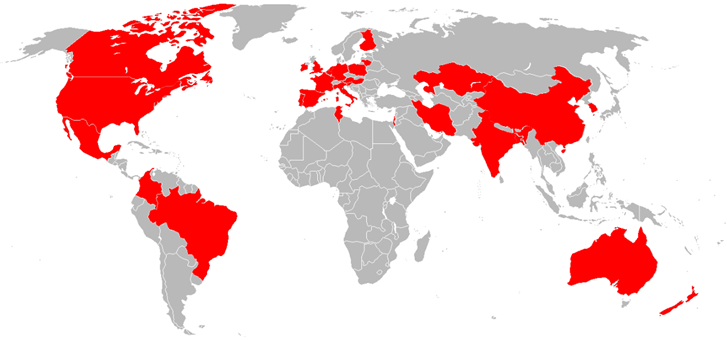
A short description of all the fellows can be found at https://leadingfellows.eu.

